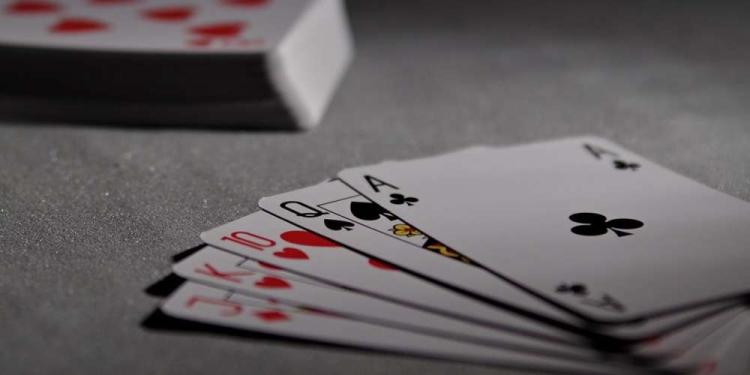The Controversial Origins of Playing Cards
Posted: February 27, 2020
Updated: February 27, 2020
-
The main theories about origins of cards
-
The prototypes of kings and queens

Image source: Pixabay
Everyone played some sort of card in their life. Nowadays, it is likely that you have played online poker rooms in the USA. However, we still don’t know the exact time and place of the invention of cards. Researchers have several answers to that but still haven’t come to an agreement in one. Well, today we are going to explore the dramatic and very interesting origins of playing cards. For a long time, people believed that the French invented the cards for the entertainment of Charles VI. However, that turned out to be just a legend. In reality, as early as in Ancient Egypt people played with cuttings with numbers marked on them. Similarly, in India people played with ivory plates or shells also number on them. Moreover, there were cards similar to modern ones in China since the XII century.Origins of Playing Cards: China and India
There are several opinions about the origins of the cards. First, that China is the birthplace of playing cards. As early as in the VIII. century people played games at first with sticks, and then with strips of paper with different symbols on them. People also used these distant “ancestors” of cards instead of money. So they had three suits: a coin, two coins and a lot of coins. In India, the playing cards depicted the figure of four-armed Shiva. She held the cup, sword, coin, and rod. Some believe that these symbols of the four Indian states and that these symbols gave birth to modern card suits. From Asia, Italian travelers brought the idea of using cards with symbols on them for games to Europe.Ancient Egyptians may also be the inventors of cards
The opinion that the origins of playing cards lay in ancient Egypt is more popular. According to this version, in ancient times Egyptian priests were writing down the wisdom of the world on 78 gold plates. These were also depicted in the symbolic form of cards. 56 of the - "Smaller Arkans" - became usual playing cards. The remaining 22 - "Senior Arkans" were part of the mysterious Tarot deck used for divination. The name Tarot came from Egyptian “ta - rosh”. So according to this version, either Arabs or Gypsies brought cards to Europe. However, scientists haven’t found any evidence of such an early existence of Tarot decks.
The origins of playing cards in Europe
According to the third version, ordinary cards appeared on the European continent no later than the XIV. century. Back in 1367 in the city of Bern, there was already a ban on card games. In 1392, Jacques Gringonner, the clown of the mad French king Charles VI, drew a cardboard deck for the entertainment of his master. The deck at that time differed from the present one with one detail: there were only 38 cards. There were four queens missing. There is an assumption that the deck is not a random set of cards. 52 is the number of weeks per year, four suits are the number of seasons. There was no unity in card suits. In early Italian decks, people called them "swords", “cups”, “coins” and “rods”. In the French version, swords have turned into "pikes", cups into "worms", coins into "tambourines", and rods into "crosses". Early card games were very difficult. This is because, besides 56 standard cards, there were also 22 "Senior Arkans", plus 20 more cards with the names of Zodiac signs and the elements. In different countries, these cards had different names and the rules were very confusing. Today, however, with online gambling playing cards became easier. On Slots.lv Casino, you can find many different easy card games.Who was portrayed on the cards?
Only the XVI century cards became simpler. Almost all the pictures except the four "senior suits" and the joker disappeared from the decks. Interestingly, all card images had real or legendary prototypes. For example, the four kings are the greatest monarchs of ancient times: Charlemagne (worms), the Biblical King David (spades), Julius Caesar (tambourines) and Alexander the Great (clubs). The Queens, however, had several prototypes. For example, the queen of hearts was Judith, Helen of Troy, and Dido. The queen of spades was traditionally portrayed as the goddess of war - Athena, Minerva and even Joan of Arc. Don’t forget to check our latest review about Intertops Poker, if you got in the mood to play online poker on this site or other online gambling sites in the USA.You can find out more about Slots.lc Casino here.
Related content
Subscribe
0 Comments












